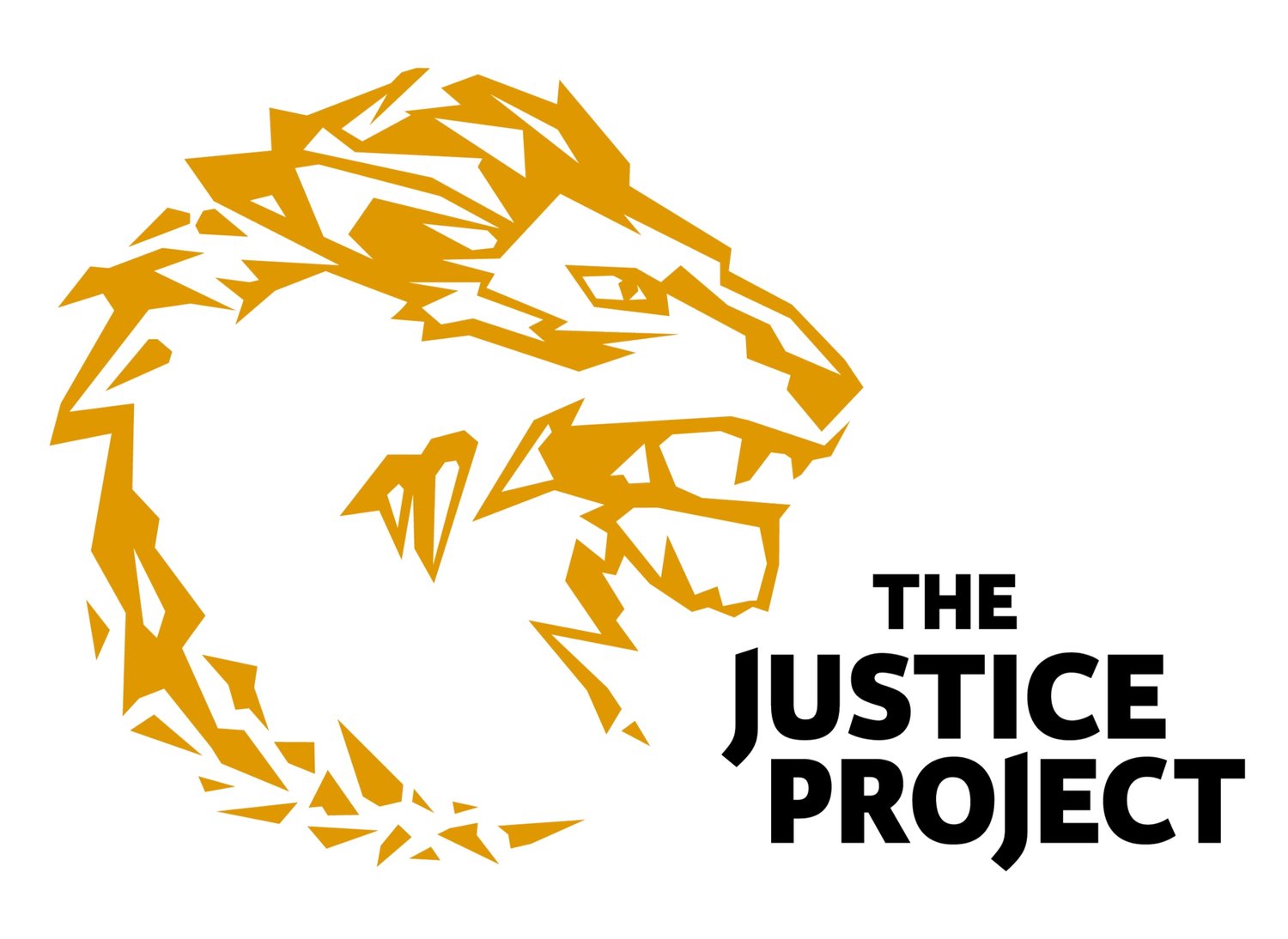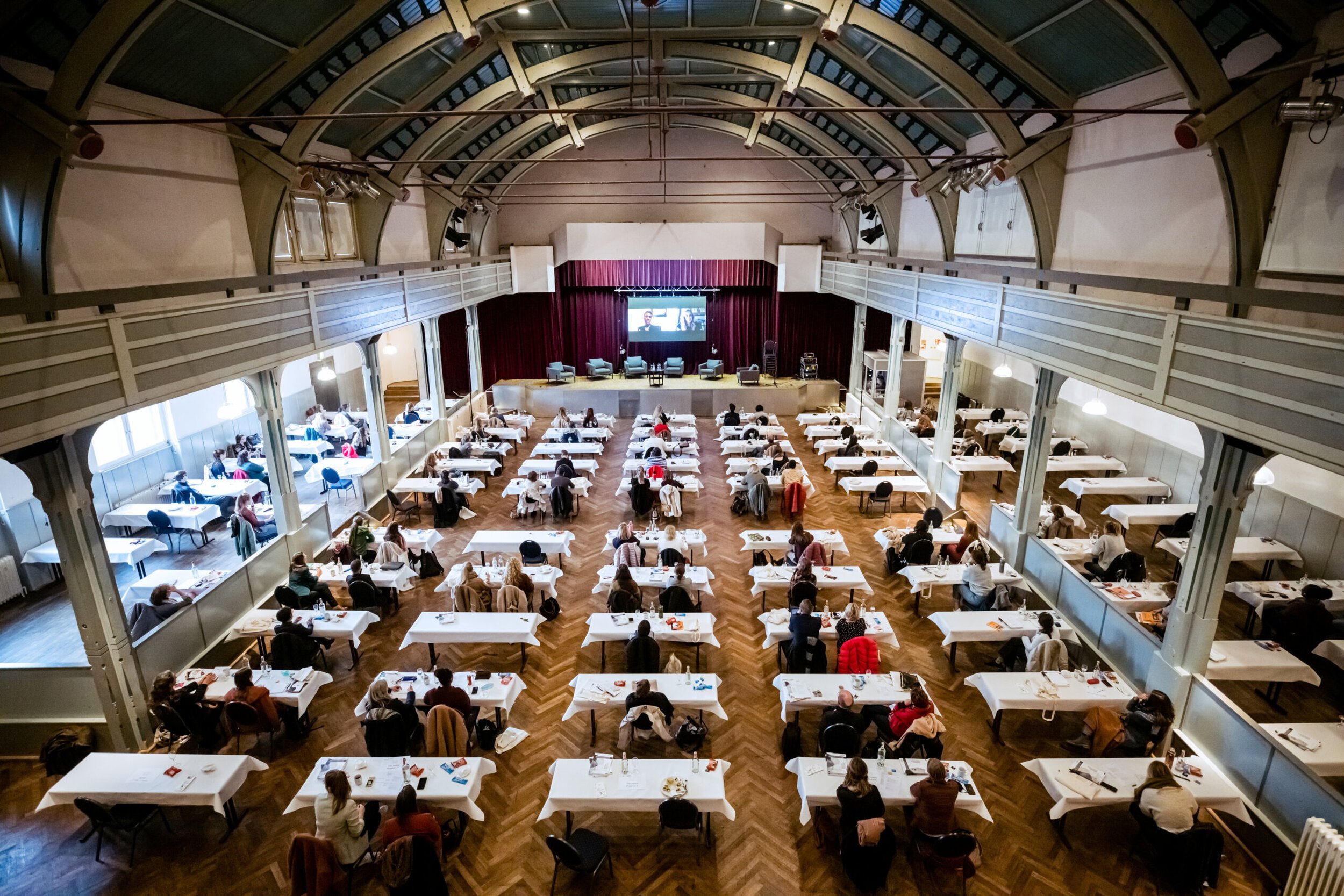EU Research Project INTAP
The Project:
INTAP aims to improve the integration of Nigerian and Chinese survivors of human trafficking for the purpose of sexual exploitation and make current integration systems more effective. In the long term, the project will empower the affected individuals to overcome obstacles to their integration.
By incorporating a culturally sensitive, victim-centered, intersectional approach, the project aims to find sustainable solutions for the integration of Nigerian and Chinese third-country nationals.
INTAP does not aim to create a new integration program but rather enables governmental and non-governmental organizations to adapt existing programs or design new, more effective psychosocial integration programs.
Project Title:
Intersectional approach to the process of integration in Europe for survivors of human trafficking (INTAP)
Goal: Improved integration opportunities
Target Group: Female victims of human trafficking from Nigeria and China
Financing: EU-Programm AMIF
Duration: 01/01/2019 - 12/31/2020
Conference: The final conference and presentation of results took place on October 13th in Karlsruhe. All contributions, discussions, and photos can be accessed through the link on the project's homepage.
PROJECT PARTICIPANTS:
Gemeinsam gegen Menschenhandel e.V. / Germany
The Justice Project e.V. / Germany
SOLWODI Germany e.V.
Herzwerk - diakonische Initiative / Austria
APG 23 (Associazione Comunitá Papa Giovanni XXIII) / Italy
Simon Kolbe (Catholic University of Eichstaett-Ingolstadt) / Germany
The alliance “Gemeinsam gegen Menschenhandel e.V." (“Together agains human trafficking”) leads this project together with SOLWODI Germany e.V., The Justice Project e.V., Herzwerk Wien, and Associazione Comunità Papa Giovanni XXIII. Simon Kolbe, an expert from the research consortium of the Catholic University of Eichstätt, complements the research team.
Italy, Germany, and Austria are the countries directly involved in this project, and all activities will take place there. These countries were selected as project partners because the trafficking of third-country nationals from Nigeria (UNODC 2016 Global Report on Trafficking, p. 79) and China for the purpose of sexual exploitation is prevalent there.
Publications:
As part of the project, two research reports and practice manuals have been produced, summarizing the findings and providing insights for practical implementation. Distinctions have been made between Nigerian and Chinese survivors.
Survivors from Nigeria: The research report is based on a qualitative study conducted with 35 Nigerian survivors, 18 experts, and 2 focus groups. Data was collected through semi-structured qualitative interviews, covering various aspects of integration, and transcribed and analyzed using the MAXQDA software following Mayring's approach.
The manual gives a voice to both Nigerian survivors of trafficking (SoT) and experts, as they provide recommendations and suggestions based on their experiences on how tailored assistance can be offered to address the specific needs of each individual survivor. Although this manual focuses on the case study of Nigerian SoTs, the best practices can be utilized in conjunction with existing integration programs. The manual presents tools for offering a culturally sensitive (including spiritual sensitivity) and gender-specific intersectional approach to the integration of Nigerian SoTs in a victim-centered manner.
The entire project is co-financed by the asylum, migration, and integration fund of the European Commission.






